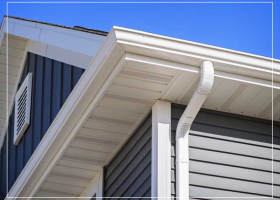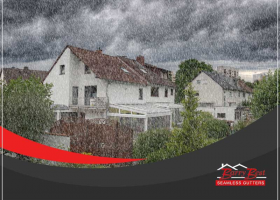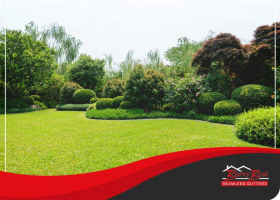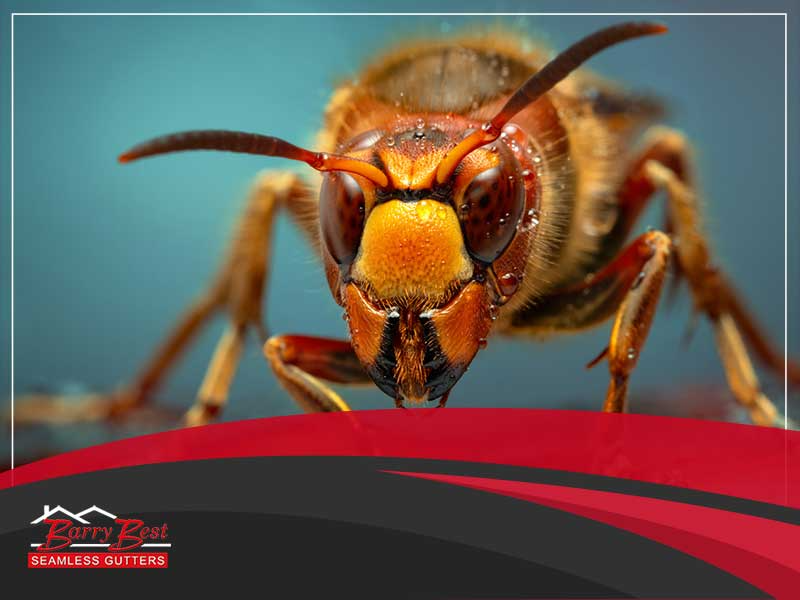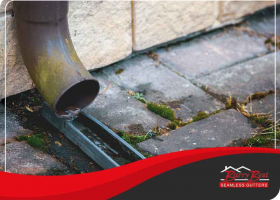Having a sturdy and long-lasting roof for your home isn’t enough – you’ll need a well-designed gutter system for it as well. The gutters act as the Robin to your roof’s Batman. By catching runoff and directing it to where it can’t do any harm, the gutters play support to your roof, helping it keep your home dry and damage-free. But have you taken the time to check their condition lately?




